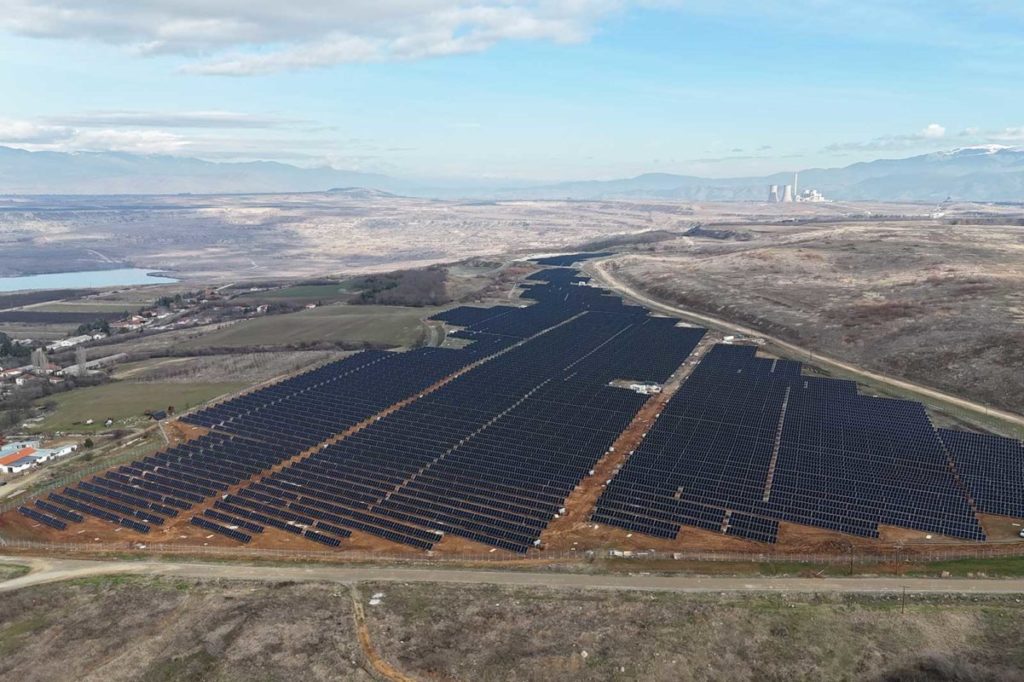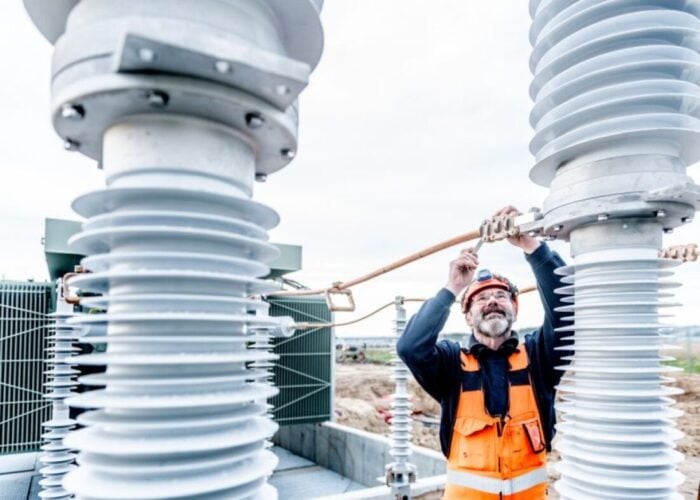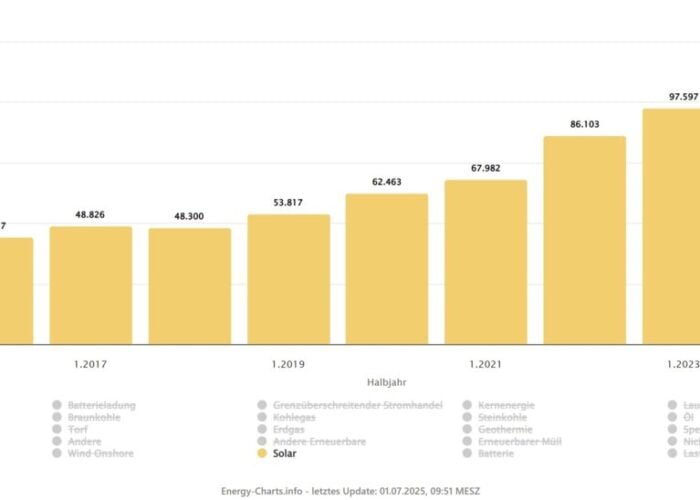
German energy company RWE and Greek renewables developer PPC will build a new 450MWp solar project in Greece, which will bring the total capacity of the companies’ portfolio in the country up to 940MWp.
The firms will build the project through a joint venture company, Meton Energy SA, and this represents the last phase of construction in the group’s Amynteo portfolio in Western Macedonia. The companies announced plans to develop the portfolio further last August, and expect to begin construction at this final project, dubbed Orycheio Dei Amynteo, in the next few months, and commission the project in 2025.
Unlock unlimited access for 12 whole months of distinctive global analysis
Photovoltaics International is now included.
- Regular insight and analysis of the industry’s biggest developments
- In-depth interviews with the industry’s leading figures
- Unlimited digital access to the PV Tech Power journal catalogue
- Unlimited digital access to the Photovoltaics International journal catalogue
- Access to more than 1,000 technical papers
- Discounts on Solar Media’s portfolio of events, in-person and virtual
As part of the deal, Meton has signed a power purchase agreement (PPA) with both RWE and PPC to acquire power generated at the new project, and RWE announced that the companies will invest US$274.9 million (€255.4 million) into the new development, of which US$137.5 million (€127.7 million) was given through the EU’s NextGenerationEU fund.
“We are pleased to announce the final investment decision for yet another significant solar project in Greece, marking a crucial step forward in our commitment to sustainable clean energy,” said PPC CEO Konstantinos Mavros. “By accelerating the development of our solar projects with a combined capacity of nearly one gigawatt, we are actively contributing to the country’s renewable energy goals.”
Driving the Greek energy transition
The project is an important development for both companies – Katja Wünschel, CEO of RWE Renewables Europe and Australia noted that the Orycheio Dei Amynteo project is the company’s largest to date – and the Greek energy transition more broadly.
While natural gas still meets the majority of the country’s energy demand, the impact of renewables has grown in recent years, with wind and solar generating around 9,500GWh of electricity in 2017, and nearly doubling to around 17,000GWh in 2022, according to the International Energy Agency.
Strikingly, Greece plans to invest more heavily in its solar sector in the coming decade than the wind sector. According to the government’s updated draft to its National Energy and Climate Plan, submitted to the EU last year, the state is aiming to meet 80% of its energy demand with electricity from wind and solar by the end of the decade.
However, while Greece had an installed wind capacity of 4.7GW in 2021, compared to 4.3GW of solar, by 2030, the government expects solar capacity to overtake that of wind, with 13.4GW of solar and 9.5GW of wind. This trend is expected to continue, with the government targeting a wind capacity of 29.2GW by 2050, compared to a solar capacity of 40.3GW by the same date, and the sustained investment of foreign power companies in the Greek solar sector could help achieve these targets.







